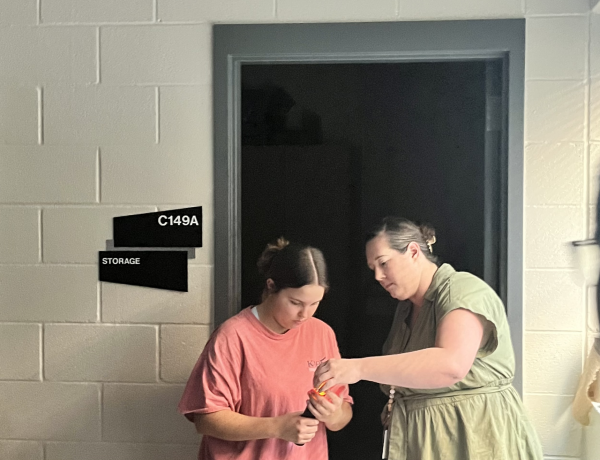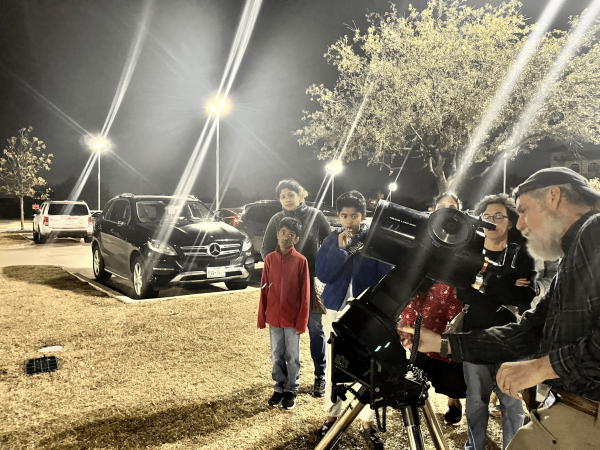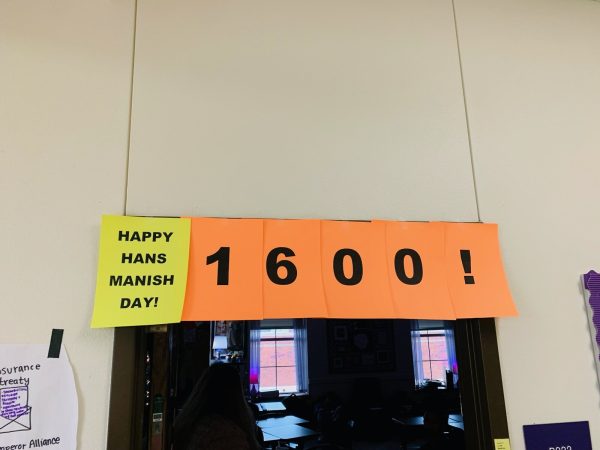Lasting works of African American Literature
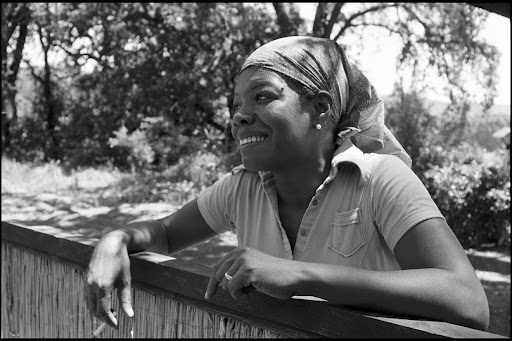
Maya Angelou pictured in 1974, photograph provided by MSNBC News.
Beginning in the second half of the eighteenth century, African American men and women began to illustrate and publish works of literature, commonly emphasizing the statement, “all men are created equal,” regarding the rights of African Americans after the release of the Declaration of Independence. Early African American poets and authors were able to produce works of their own opinions and experiences through their writing, described with thorough accounts of political and social discrimination. These works of literature further influence the importance of African American culture and publications throughout history, and why it is so important that people of all backgrounds should be encouraged to speak out and make a change for what they believe in.
During the colonial time period, African American people started to produce dramatic literature describing accounts of hardship presented at this time. After the outbreak of the Civil War, African Americans presented their writings and opinions to president Abraham Lincoln, fighting for African American men to have the ability to fight in the war. This led to over 180,000 Black soldiers joining the Union Army.
After the war, educational opportunities for African Americans arose through the Black middle classes. They began to argue the ideas of racial justice among this middle class, presenting to a largely caucasian audience. Soon, African American poetry began to develop significantly after 1880, led by poet Albery Allson Whitman who made his debut with two book-long poems, “Not a Man” and “Yet a Man”.
Transitioning into present times, African American authors and poets continue to flourish in the illustrative world, having produced some of the most iconic and influential books and poems of the recent decades.
Published in 1958, Things Fall Apart, written by Chinua Achebe, has sold over 10 million copies worldwide and is translated into more than 45 languages. The novel describes the successful but depressing life of Okonkwo, a great fighter within a fictional West African town called Umuofia. When Okonkwo makes a grave mistake by killing a tribe member, his life slowly begins to “fall apart” and readers see his harrowing journey after banishment from the town. Achebe received multiple awards for this novel, including the International Booker Prize, and continued to create numerous books and short stories such as No Longer at Ease, and A Man of the People written between the years of 1960-1966.
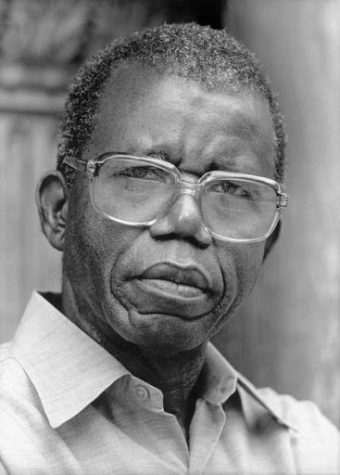
Following the lives of two Nigerian teenagers in love, Americanah, by Chimamanda Ngozi Adichie, is a story of not only young love but revealing the struggle of navigating multiple cultures while also trying to maintain relationships with the people you love back home. Adichie showcases the difficulties of being an immigrant and starting a new life in America, especially when no one is there to experience the journey with you. Additionally, Adichie has written and published Purple Hibiscus, Half of a Yellow Sun, and Notes of Greif.
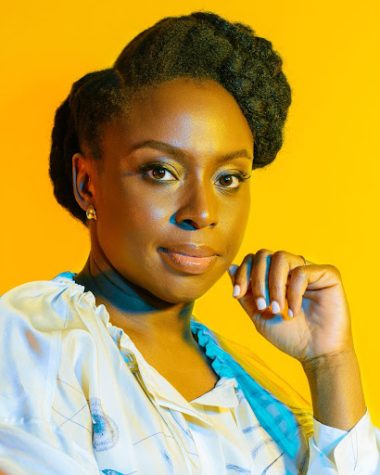
Invisible Man illustrates the life of a young, college-educated African American man struggling to find his way in a society that does not accept him, solely because of the color of his skin. Set in twentieth-century America, the novel combines a humorous aspect with the disappointing reality of racism throughout the country soon before the Civil Rights Movement in 1954. Author Ralph Ellison published this novel in 1952 and received the “National Book Award” in 1953. Ellison continued on to publish works such as Juneteenth, Shadow and Act, and Going to the Territory.
Janis Stone, Independence High School librarian speaks on the importance of African American literature within schools, and her favorite aspects of celebrating African American literature.
“I absolutely love any kind of celebration, and Black history month is one of my favorites because of the richness of the books, culture, art, and materials that I really enjoy sharing with our students,” said Stone.
“Hearing it on the announcements every morning and being able to see the student buy-in and contributions is definitely what I enjoy the most.”
Stone shares the African American authors and poets that she has valued the most over her career as a librarian.
“I personally love Maya Angelou, because she will gut you in the best way possible, and rebuild you right back up. She’s a perennial favorite of mine, and she can be seen throughout our history section where one shelf is entirely dedicated to her,” she said. “This month we are also highlighting Langston Hughes in the biography section. Whenever I was an English major, his poems were so influential to me regarding the Harlem Renaissance, and I was definitely obsessed and wanted to learn more every day.”
To learn more about the history of African American poets, authors, historical figures, and culture, visit informational and impactful articles such as Britannica African American literature, African American History Archives, and Black History: Facts and People.

